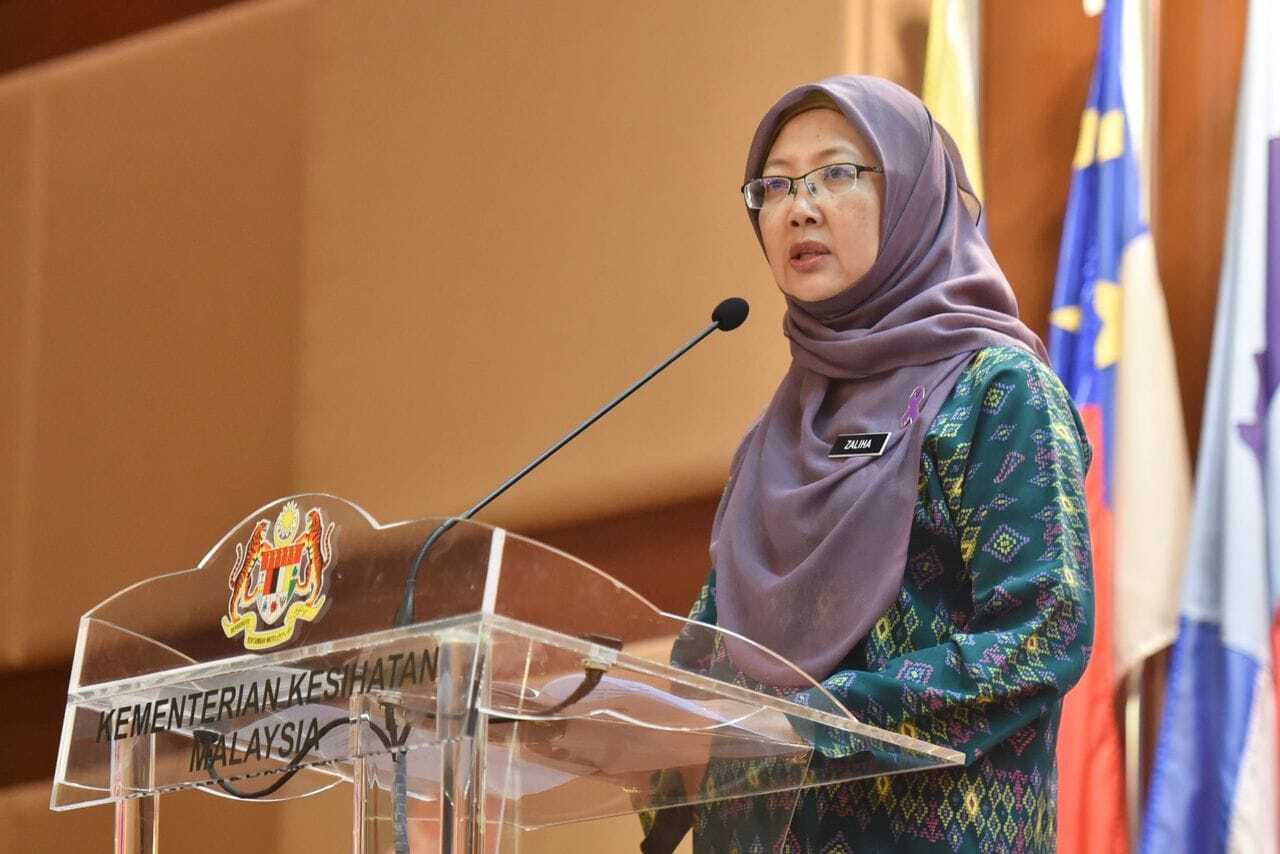KUALA LUMPUR, March 30 – Dr Zaliha Mustafa today suggested for pensions not to be provided to contract doctors and other health care workers when they enter permanent service to enable the creation of additional positions.
The health minister noted that the government’s pensions bill increased from RM3.6 billion in 2011 to RM29.1 billion a decade later in 2021.
“Therefore, this is a huge burden to the country that may increase further,” Dr Zaliha told Senator Jefridin Atan during Question Time in the Dewan Nagara today.
“So we need to think of a way out. We have also suggested, for example, appointing these contract workers to permanent positions but without a pension.
“In that situation, our workers will have perks – what they get is also what workers in permanent positions get, for example, sometimes they can get home loans. So this is among the ways out which we’re discussing with the JPA (Public Service Department)”.
Jefridin had asked Dr Zaliha whether the Ministry of Health (MOH) planned to increase the number of permanent positions for contract doctors.
He also asked about MOH’s “aggressive” actions to improve the work culture in the public health service, particularly on long working hours that increase work pressures on health care workers and affect their work.
Dr Zaliha said medical officers who work overtime are eligible for certain allowances, like on-call, locum, and elective surgery allowances. Officers in the implementation group are eligible for overtime allowances or replacement leave.
“As a result of an increase in NCD (non-communicable disease) cases, the MOH is facing an increase in inpatients and outpatients at health care facilities, especially in hospitals, and the number of patients at MOH facilities currently exceeds capacity.”
She also highlighted existing measures by MOH to help reduce health care workers’ work burden, such as digitalisation, work schedules to enable sufficient rest, and mental support services.
Senator Mohd Hatta Ramli from Amanah, who said he has seen plenty of complaints from overworked health care workers on social media, asked if the problem of overwork was restricted to certain hospitals or if it was a general problem across the board.
“The solution you mentioned about payment for overtime – is this the norm or exception? If it has become a norm, that means we have already accepted the problem, but if it’s an exception, then I think we can solve the problem of work burdens.”
Dr Zaliha replied: “Actually, I’m also saying that the problems we’re facing in the Ministry are legacy problems. When I took over, we inherited a lot of things. Whatever the case, this isn’t an obstacle towards us thinking of the best ways to solve either existing problems or problems long inherited in the Ministry”.
She also acknowledged that the problem of overworked health care workers was happening nationwide.
“So we need to take an expansive approach that may need not just attention from the Ministry, but perhaps from the whole government.”








